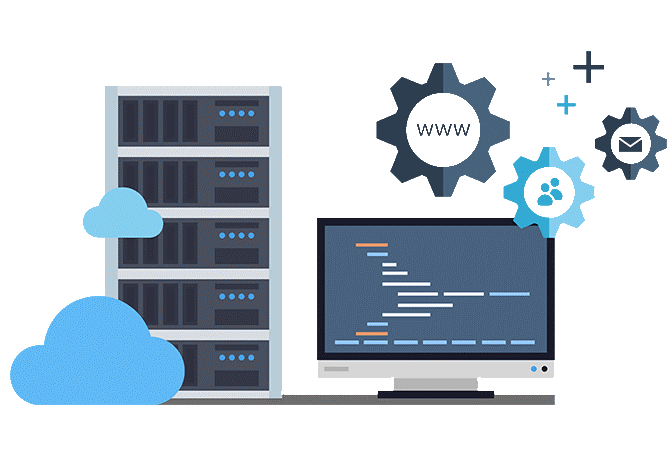
Internet security guidelines
In today's digital age, where everything from our personal information to our financial transactions is conducted online, cybersecurity has become more important than ever before. Individuals and businesses alike need to be aware of the potential risks and take steps to protect themselves against cyber threats. In this article, we will discuss some best practices for internet security that can help you keep your data and devices safe.
Online security measures
Use strong and unique passwords
One of the most basic yet crucial steps in protecting your online accounts is to use strong and unique passwords. Avoid using common passwords such as "password" or "123456" as they can be easily guessed by hackers. Instead, create a password that is at least eight characters long and includes a combination of letters, numbers, and special characters. Additionally, make sure to use a different password for each online account to minimize the impact if one of your accounts is compromised.
Enable two-factor authentication
Two-factor authentication (2FA) adds an extra layer of security to your online accounts. With 2FA enabled, you will need to provide a second form of verification, such as a unique code sent to your mobile device, in addition to your password. This makes it much more difficult for hackers to gain unauthorized access to your accounts, even if they manage to obtain your password.
Keep your software up to date
Outdated software can be a major security vulnerability as it may contain known security flaws that hackers can exploit. To protect yourself, make sure to regularly update your operating system, web browser, antivirus software, and other applications. Enable automatic updates whenever possible to ensure that you are always running the latest, most secure versions.
Be cautious of phishing scams
Phishing scams involve tricking individuals into revealing sensitive information, such as usernames, passwords, or credit card details, by posing as a legitimate organization. These scams are typically carried out through email, text messages, or fake websites. To avoid falling victim to a phishing attack, be skeptical of unsolicited emails or messages asking for personal information. Verify the legitimacy of any requests by contacting the organization directly using their official contact information.
Safe browsing habits
Only visit trusted websites
When browsing the internet, it is important to stick to reputable websites that you trust. Avoid clicking on suspicious links or visiting unfamiliar websites, as they may contain malware or other malicious content. Look for the padlock symbol in the address bar, which indicates that the website uses encryption to protect your data.
Use a secure internet connection
When accessing the internet, always use a secure Wi-Fi network. Public Wi-Fi networks, such as those found in cafes or airports, are often unsecured and can leave your data vulnerable to interception by hackers. If you must use a public Wi-Fi network, consider using a virtual private network (VPN) to encrypt your internet connection and protect your privacy.
Be mindful of social media privacy settings
Social media platforms often encourage sharing personal information, which can make you more susceptible to identity theft or other cybercrimes. Review and adjust your privacy settings to ensure that you are only sharing information with the intended audience. Avoid posting sensitive information, such as your address or phone number, on public profiles.
Regularly backup your data
Backing up your important files and data is an essential part of maintaining good cybersecurity hygiene. In the event of a security breach or data loss, having a recent backup can help you recover your information without significant disruption. Consider using a combination of external hard drives, cloud storage services, or automatic backup software to ensure that your data is regularly and securely backed up.
By following these internet security guidelines and practicing safe browsing habits, you can greatly reduce the risk of falling victim to cyber threats. Remember, cybersecurity is an ongoing effort, so stay vigilant and stay informed about the latest best practices and emerging threats.
Stay safe online! Visit Us: cybersecurity awareness training

























